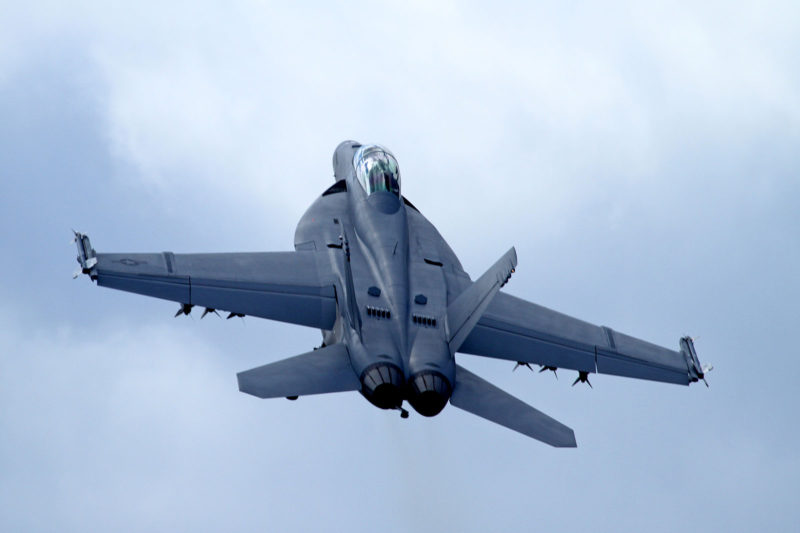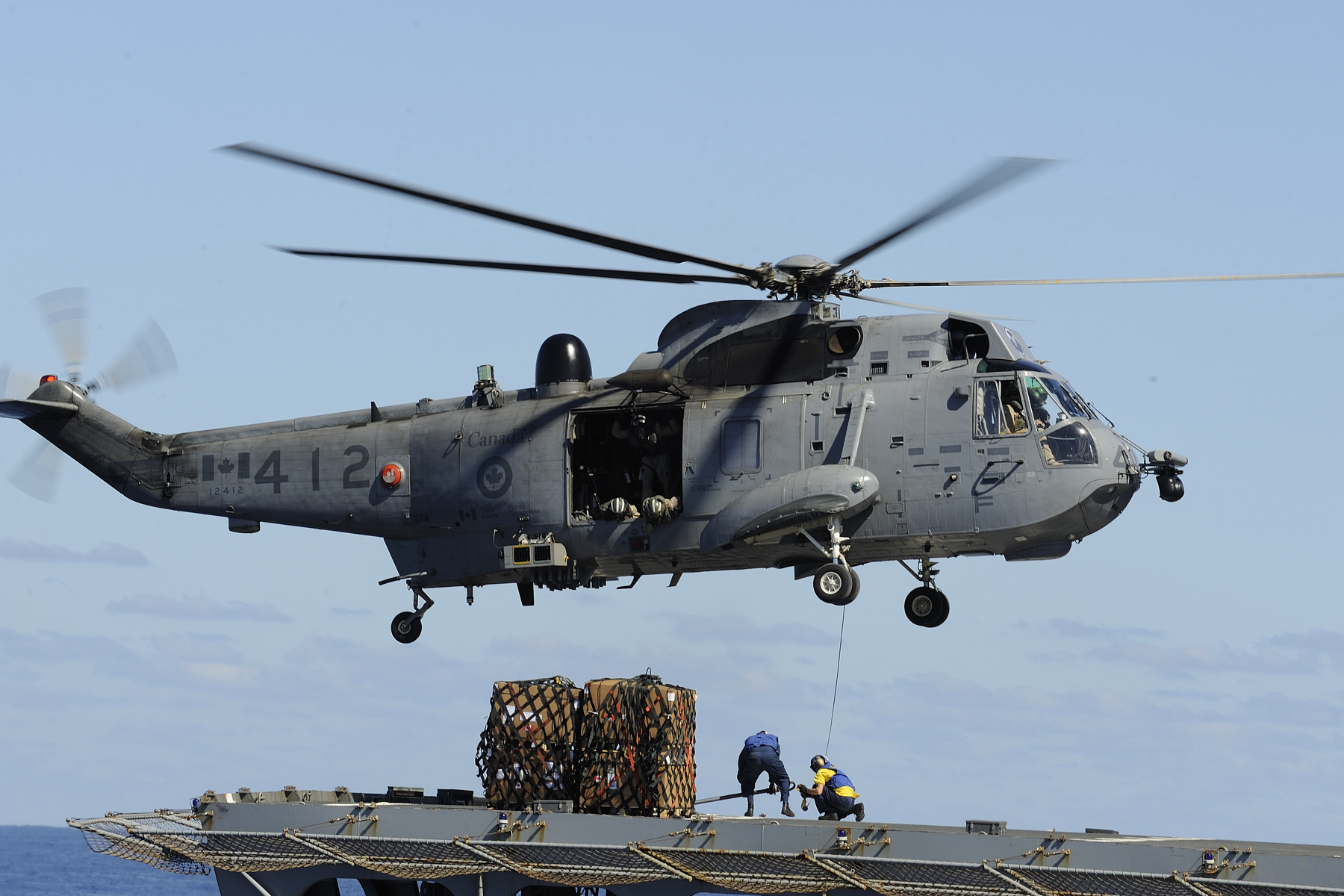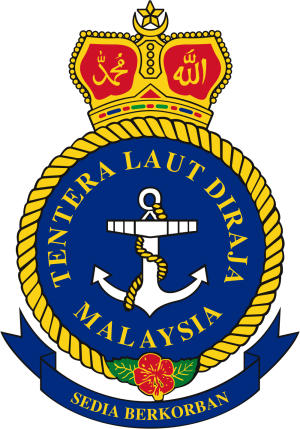The past three weeks have been a strong reminder that the F-35 Joint Strike Fighter Program remains strongly divisive for many of the national governments involved. Canada’s long-running domestic controversy about acquisition of the aircraft has now continued across two separate governments. The most recent major development in that controversy was Defence Minister Harjit Sajjan’s November 22, 2016, speech that Canada would be acquiring 18 Boeing Super Hornets to fill an urgent capabilities gap. Procurement Minister Judy Foote later declined to name the exact cost of the purchase. The acquisition is reportedly in addition to the current plan to modernize the existing CF-18 fleet.
The Liberal Government’s announcement about acquiring 18 Super Hornets has come amid differing opinions from within the government itself. The Globe and Mail reported on November 25 about comments made by Lt.-General Michael Hood of the Royal Canadian Air Force. In testimony submitted to the House of Commons, Hood suggested that the CF-18s could continue to operate past 2025 if given the proper upgrades. In a later response, spokeswomen Jordan Owens argued that even “with the current availability rate what it is, even if the 77 airplanes could fly forever, there still wouldn’t be enough of them to simultaneously meet our NORAD and NATO commitments.” Only a day previously, on November 24, the Ottawa Citizen’s David Pugliese released information indicating that the Federal Government will make its next $36 million dollar payment in April 2017 as required for its participation in the program.
The mixed messaging on the F-35 program continued as late as the middle of December. On December 12, Prime Minister Justin Trudeau declared that the F-35 would remain an option in the Federal Government’s official considerations. This was despite repeated previous criticisms that the aircraft were overly expensive and failed to meet Canada’s requirements adequately. The month prior, on November 24, national publications began widely reporting about non-disclosure agreements (NDAs) signed by 235 Federal civil servants in January 2016. The news only became public after an opposition request in the House of Commons. Former military officials have differing opinions on the NDAs (focused on defence procurement officials) being implemented on such a wide scale. The decision is clearly significant in light of the intense scrutiny the program has been under in recent years.
Domestic controversy has been accompanied by two major international developments. American President-Elect Donald Trump released a tweet on December 12 criticizing the program and promising to cut procurement costs. According to Defence News, the news caused a sharp reaction in financial markets, including a 4% drop in Lockheed Martin’s stock during early trading that day (though the price did recover within a few days).
Recent coverage has not been entirely negative for the F-35. The Israeli Government announced on November 27 that it would be purchasing an additional 17 aircraft over its original order of 14. In a press conference, Prime Minister Netanyahu showed the aircraft to the public on December 13. Despite these contrasting international events and domestic uncertainty, Canada is still meaningfully involved in the F-35 program. It remains a member of the 9 nation consortium and continues to pay significant financial contributions. Furthermore, due to Canada’s involvement in NATO and NORAD, the F-35’s potential for inter-operability is still an important selling po
Photo: Boeing F-18 Super Hornet 3 (2010) by Ronnie Macdonald via Wikimedia Commons. Licensed under CC BY 2.0.
Disclaimer: Any views or opinions expressed in articles are solely those of the authors and do not necessarily represent the views of the NATO Association of Canada.




